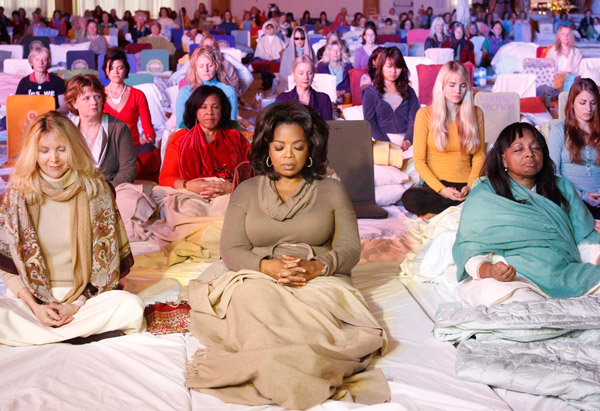By George González
No doubt, much of our contemporary consumer society is magical and ecstatic. This extends to our niche and lucrative markets in love and romance. Hallmark and Hollywood movies send the message that the truest expressions of romantic love are ones that sweep up two individuals—preferably heterosexual, white, English speaking, lovely and bourgeois—into a world where little else matters but the passionate love the protagonists share. Similarly, the multinational chocolatiers have to assume this kind of self absorption when they ask us to give that special person in our life a box of chocolates. The companies do not want us to think about the child labor, much of it in the Ivory Coast, that actually produces the cocoa that makes Valentine’s Day sweet for the American consumer of romance. By and large, the chocolate industry is not kind to African farmers. My wish, this Valentine’s Day, is that religious conversations about love turn away from the singular focus on gender—another form of self absorption–and draw more and more upon powerful religious resources for understanding the ethics of sociality and gift exchange. Marcel Mauss, the anthropologist, stressed the ways in which gift giving creates powerful bonds of obligation between the giver and the receiver of a gift precisely because one always gives spiritually and existentially of oneself when one gives a gift. One loses part of one’s soul, as it were, if one fails to reciprocate and repay a gift. To this let us add the more critical idea that when we give gifts in an economy of consumption, the existences of the very people who make the totems and fetishes we live and even love by are rendered invisible by the workings of commodity magic. Jesus, echoing prophetic Judaism, is understood by Christians to stand with and lift up the least among us. For all they can also occlude, religious narratives and practices can also provide resources for remembering. What is owed the least among us whose very real hands, sweat and tears we fail to see?
Continue Reading →


